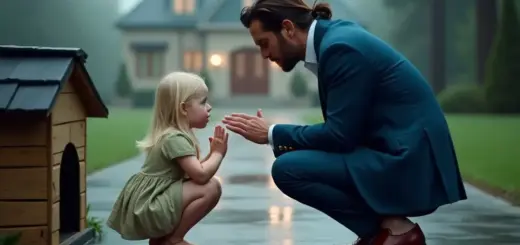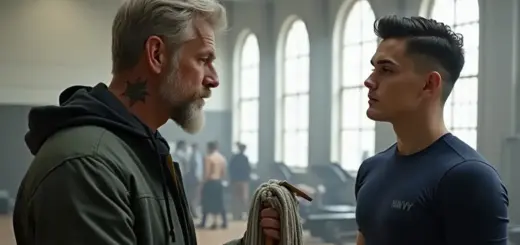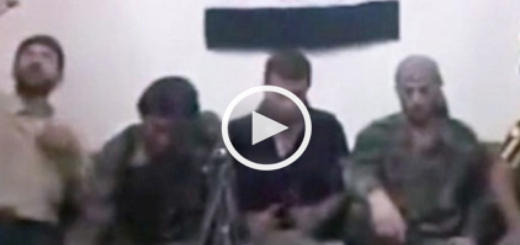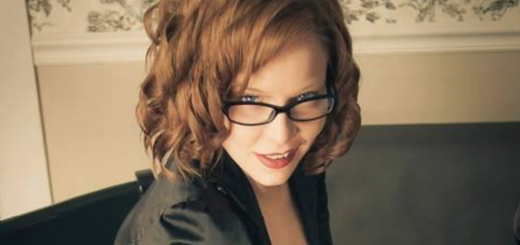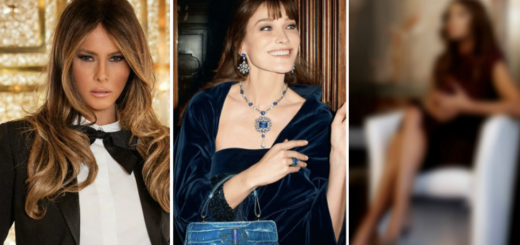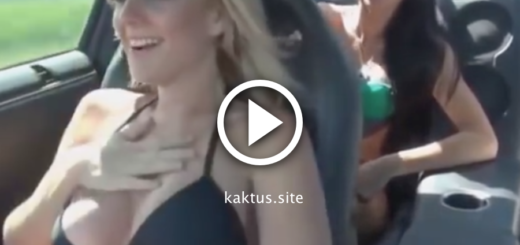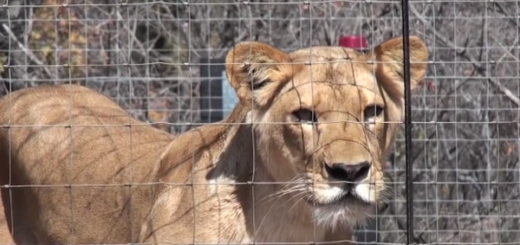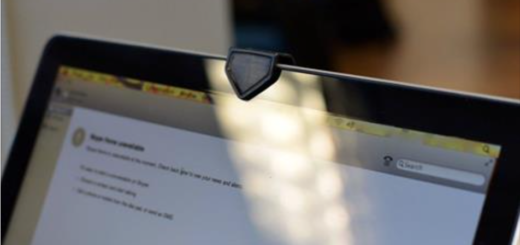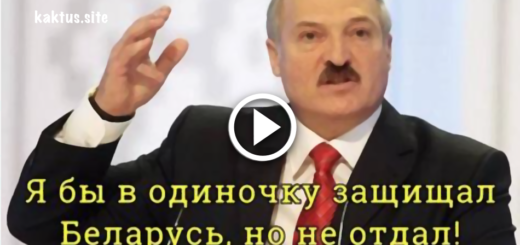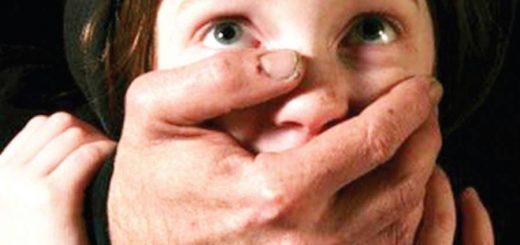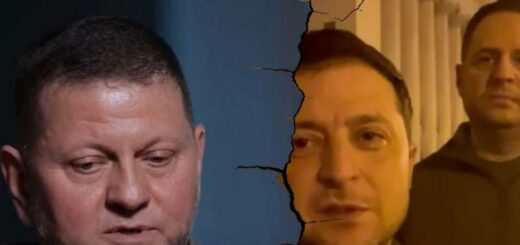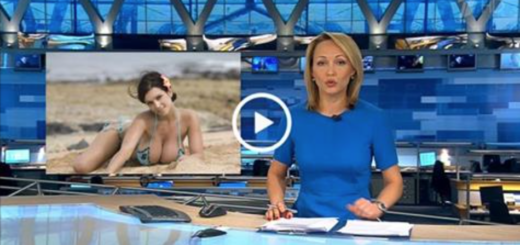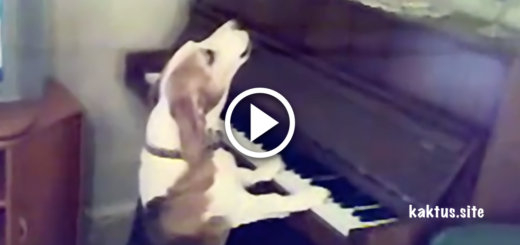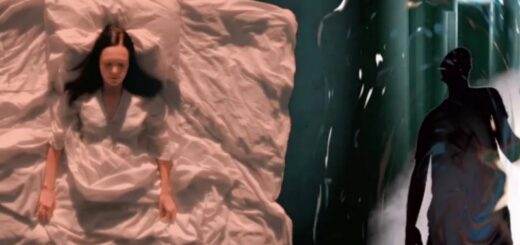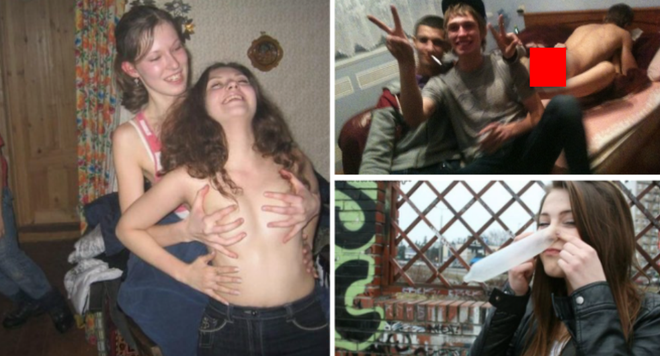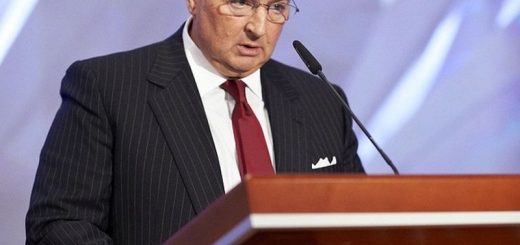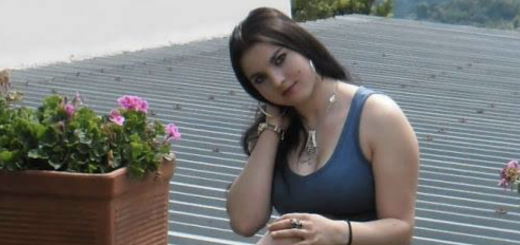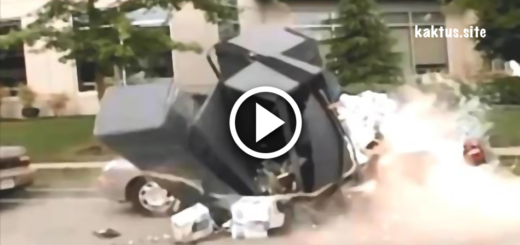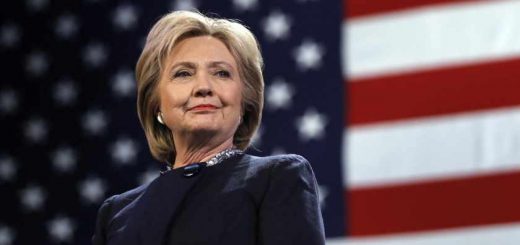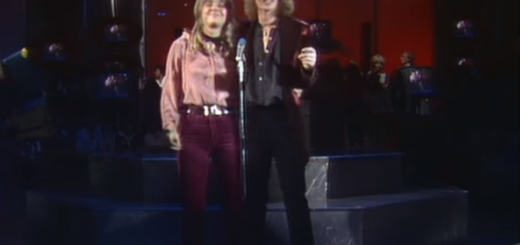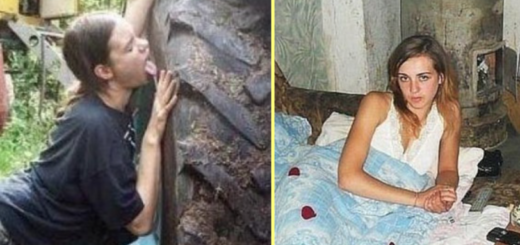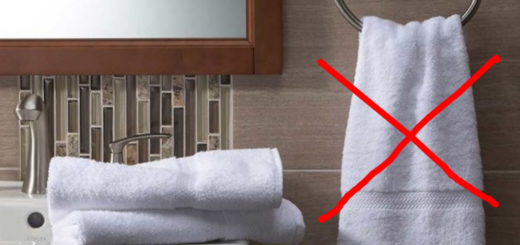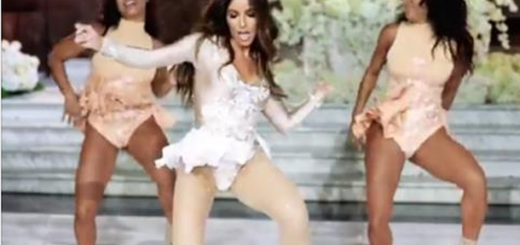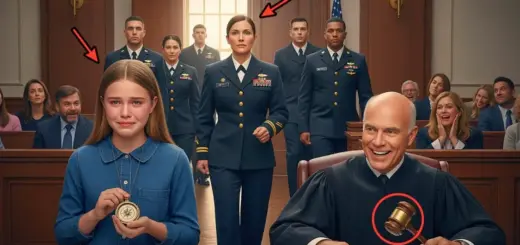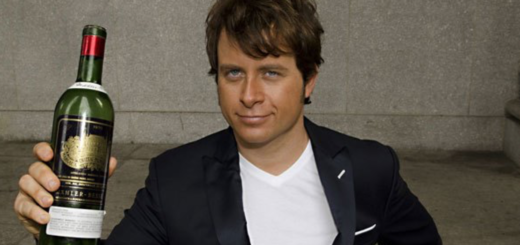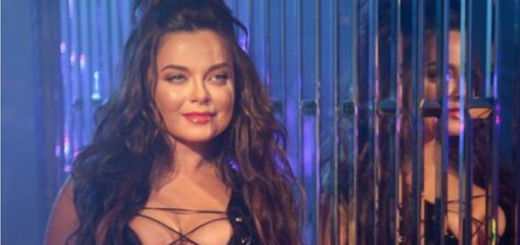Back then, I thought he was just trying to comfort me. But now, standing in the rain by the old garage, I wondered if his words had a deeper meaning. Grandpa died quietly in his sleep three months ago. After the funeral came the inheritance, the thing that divides even the closest families.
Grandpa didn’t have many valuable things: an apartment in New York City, a country house, and the garage I was now standing in. Julia immediately claimed the apartment. «I need a place in New York. I work there,» she argued. True to my habit of avoiding conflict, I agreed.
We decided to sell the country house and split the money, and the garage somehow went unclaimed. «That old shack? Who needs it?» Julia waved it off dismissively when the notary mentioned it. So I took it. I didn’t think about its value; it was just another part of Grandpa’s legacy.
I took the papers and the key, put them in my bag, and forgot about them for weeks. I only remembered yesterday while sorting through old documents. I found the ownership certificate, turned the heavy, intricately carved key over in my hands, and decided to tell Richard. His reaction—the sudden rage, the disgust, the hateful words—shocked me.
Suddenly, I realized that for all 15 years of our marriage, Richard had been wearing a mask. The mask of a caring husband, hiding his true, cold, and calculating face. Or perhaps it was always about calculation, even from the beginning.
We met at the library where I worked. Richard came looking for some rare economics book. He was ten years older than me, successful, and confident—men like him never noticed me. But he did. He asked my name and invited me out after work.
I refused at first, not believing his interest was real. But he came back the next day, and the next, bringing flowers, chocolates, and compliments. «I knew the moment I saw you that you were special,» he said on our first date. «There’s something real about you that other women don’t have.»
I believed him. I wanted so badly to be special, real, different. Our relationship moved fast; six months later, he proposed, and three months after that, we were married.
Grandpa was the only one who didn’t look completely happy at our wedding. «Are you sure, Victoria?» he asked when we were alone. «Is this man really the one you need?»
«I love him, Grandpa,» I replied, and it was true. I loved his confidence and his ambition—all the things I lacked.
«Love is important,» Grandpa said thoughtfully. «But it’s not everything. Respect, trust, shared values—without those, love burns out quickly.»
The first years of our marriage were relatively happy. Richard worked a lot, building his career in banking, while I kept my job at the library. We rented an apartment, saved up, and eventually bought a small house in the suburbs. «Now we have a real home,» Richard said as we stepped over the threshold. «A home we built together.»
I was truly happy. But gradually, something began to change. Richard started staying late at work more often, and he barely cared about what was going on in my life. Whenever I brought up the idea of having kids, he always had a thousand reasons why it wasn’t the right time.
Then the criticism started. At first, it was small, almost unnoticeable things. «You bought the wrong kind of coffee again?» or «Why can’t you iron a shirt properly?» But soon, the criticism became harsher, questioning my worth and my job. I kept apologizing, trying to do better, but no matter what I did, it was never good enough for Richard.
My relationship with Julia also became more strained. She built an impressive career, traveled the world, and lived a bright, busy life. «Victoria, you’ve buried yourself alive in that small town,» she’d say whenever she visited. «That’s not a life, that’s just existing.» I defended myself, but deep down, I knew she was right.
When Grandpa died, something inside me broke completely. He was the last person who believed in me. Then everything happened at once: the inheritance, Richard’s reaction, and getting kicked out. And now here I was, standing in this old garage, soaked to the bone.
But enough of the sad part. Let’s go back to the moment I pulled off the tarp and saw what made me forget everything else.
Underneath the tarp was a car. But not just any car. It was a black 1950s Ford Thunderbird with chrome details, perfectly preserved as if it had just rolled off the assembly line. I didn’t know much about vintage cars, but even I understood that this was a true classic, a car worth a fortune.
«This can’t be real,» I whispered, walking around it in awe. My flashlight shone over flawless paint, gleaming wheels, and leather seats without a single crack. I gently ran my hand over the hood. The metal was cold but somehow radiated warmth, as if the car were alive.
When I was a kid, Grandpa used to tell me about his first car: a black Ford Thunderbird he bought with his first big bonus. He said he sold it when my dad was born to buy a more practical car. «Sometimes I miss it,» he once told me. «I miss that feeling of freedom it gave me.»
And now, here it was. The exact same model. This had to be Grandpa’s Thunderbird. But how did it end up here? And why did he never tell us he kept it?
That wasn’t the only surprise waiting for me. I shined my flashlight behind the car and saw an old wooden table. On it was a small wooden box, carved with the same intricate patterns as my garage key. I stepped closer and placed my hand on the lid. Something told me that inside this box was something important, meant just for me.
The lid creaked open softly. Inside was an envelope, yellowed with age but still sealed. On it was written, in Grandpa’s firm, unmistakable handwriting: Victoria. Open when the time comes.
I picked up the envelope with shaking hands. When the time comes. How could Grandpa have known I’d end up here? That Richard would kick me out? Or did he know something else, something he never told us?
I carefully opened the envelope. Inside was a letter, several pages long, and something else: a small key wrapped in a piece of metallic cloth. Not like the garage key, but small and delicate, with an ornate crown-shaped head. A key for the car? Or for something else?
My heart pounded so hard it felt like it might burst out of my chest. I held the letter up to the light and started reading.
My dear Victoria, Grandpa wrote, if you’re reading this, it means I’m already gone, and you’ve found your way to my old garage. You’ve probably already seen my Thunderbird, the car I never actually sold.
I took a deep breath. So I was right. This really was his car.
You were probably surprised and confused, the letter continued. Why didn’t I tell you the truth while I was alive? Let me start from the beginning. This Thunderbird was more than just a car. It’s a witness to history—my history, our family’s history, and in a way, our country’s history too.
I never told you the whole truth about myself, Victoria. Partly out of fear, partly to protect you and the family. I wasn’t just an engineer at a factory. That was my cover. In reality, I worked in special services, a secret department few people knew about. We did what would now be called industrial espionage.
I could barely breathe. Grandpa, a spy? The man who read me bedtime stories and taught me to ride a bike had been a secret agent?
Don’t think badly of me, Victoria, he wrote. I always acted in the interest of my country and my people. This Thunderbird wasn’t just my transport; it was part of my work. It has hidden compartments where I carried documents, samples, sometimes even people.
I tore my eyes from the letter and looked at the car again with a new perspective. Hidden compartments? But where?
You’re probably wondering why I’m telling you all this now, why I left you the garage and the car. Because you’re like me, Victoria. You have that same core I had, even if you’ve never noticed it yourself. I couldn’t help but smile, remembering our talk at his summer house. You have a strong character, Victoria. You just don’t know it yet.
I watched you all your life. I saw your kindness and your patience, but I also saw how you let others decide for you, how you always chose the path of least resistance. I knew that someday the moment would come when you’d have to make a choice. If you’re reading this letter, that moment has come.
I wiped the tears that had started falling down my cheeks. How did Grandpa know?
The car I’m leaving you isn’t just a valuable classic, he continued. It’s the key to a new life. A life where you finally become who you were always meant to be: strong, independent, free from other people’s manipulations. The car has a hidden compartment. Use the key I included with this letter to find it. Inside, you’ll find something that will help you start over.
But remember, Victoria, this isn’t just a gift. It’s a responsibility. What you find will change not only your life, but the lives of many others. Use it wisely. And one more thing: never fully trust anyone, especially those who seem closest. Sometimes betrayal comes from where you least expect it.
I clutched the letter, trying to process everything. A hidden compartment. A key to a new life. Betrayal from those closest to me. It sounded like the plot of a spy novel. But betrayal had already happened. Richard had kicked me out.
I looked at the small key in my hand. The key to the hidden compartment in the Thunderbird. Curiosity won over caution. I walked around the car, trying to figure out where the secret compartment could be.
I opened the driver’s door. The interior was flawless. I sat behind the wheel, running my hands over the leather, and then I noticed something odd: a small bulge on the side of the seat. I brought the key closer and saw a tiny hole, perfectly shaped for it. My heart started racing as I slid the key in and turned it.
There was a soft click, and part of the seat shifted aside, revealing a hidden compartment. I shined my flashlight inside and saw a small, metallic box. I carefully pulled it out and opened it.
Inside were documents: a passport and a driver’s license with my photo but under the name Victoria Patricia Williams. There was also a bank card, a sealed envelope, a keychain with the letter «D,» and a thick stack of cash—tens of thousands of dollars. More money than I’d ever dreamed of having.
And there was a note in Grandpa’s firm handwriting: Apartment at Park Avenue 42, apartment 17. Car is in the underground parking, spot 42. Safety deposit box at Chase Bank on Madison Avenue, number 237. All documents are in order. Live freely, Victoria. You deserve this. P.M.

